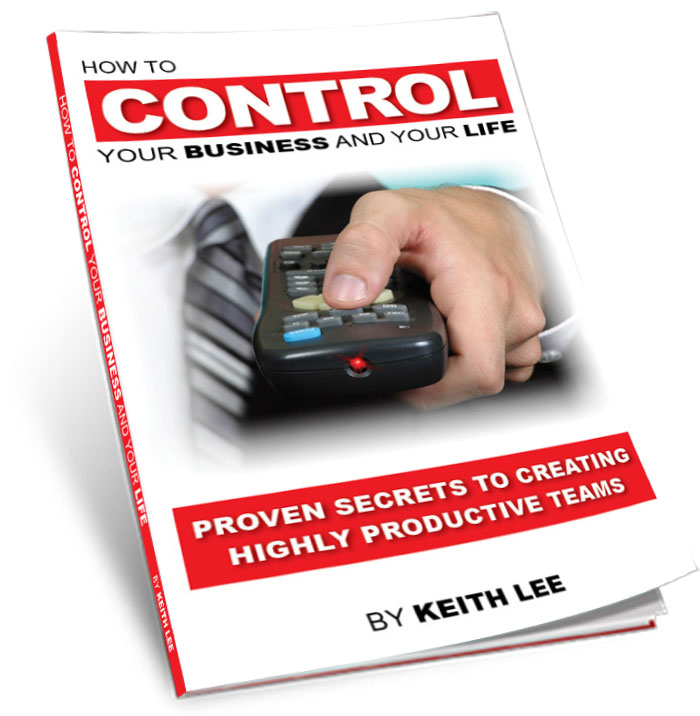The sign off on my email for years was, “Keep thinking, keep trying, keep failing, keep succeeding, keep growing.” I want to emphasize Keep Failing today.
Fear of failure is one of the biggest detriments to the growth of both people and businesses.
- Let’s look at just a few historical failures.
JFK failed the bar exam twice. - Mark Twain, Henry Ford, P.T. Barnum, Milton Hershey, and Henry Heinz all went bankrupt.
- Walt Disney was fired because of a lack of new ideas.
- Winston Churchill flunked 8th grade.
Perhaps, one of the most famous failures that directly relates to business is Thomas Edison’s statement while attempting to create the light bulb, “I have not failed, I’ve just found 10,000 ways that won’t work”.
One of the most important concepts in the Make-You-Happy Management System is getting lots of input and ideas on how to improve from your team. It’s really important that in coming up with ideas and input that they not be afraid to fail. That they not be afraid to suggest lots of things – things that may not be implemented. If people are afraid to fail in your business the ideas will dry up.
The following is excerpted from Fail Fast, Fail Often: How Losing Can Help You Win by Ryan Babineaux, PhD., and John Krumboltz, PhD.
“There’s something to notice about successful people: they act quickly, even if they may fail.
In the book Art and Fear, the artists Ted Orland and David Waylon share a story about a ceramics teacher who tried an experiment with his class.
The teacher divided the students into two groups. Those sitting on the left side of the studio were to be graded solely on the quantity of their work, while those on the right, solely on the quality. The instructor informed the students in the quantity group that a simple rule would be applied to evaluate their grades: those who produced fifty pounds of pots would get an A, those who produced forty pounds a B, and so on.
For the quality group, the instructor told the students that he would assign a course grade based on the single best piece produced over the duration of the course. So if a student created a first-rate pot on day one of the course and did nothing else for the term, he would still get an A.
When the end of the quarter arrived and it came to grading time, the instructor made an interesting discovery: the students who created the best work, as judged by technical and artistic sophistication, were the quantity group. While they were busy producing pot after pot, they were experimenting, becoming more adept at working with the clay, and learning from the mistakes on each progressive piece.
In contrast, the students in the quality group carefully planned out each pot and tried to produce refined, flawless work, and so they only worked on a few pieces over the length of the course. Because of their limited practice, they showed little improvement.
I like this story because it points out an important principle: successful people take action as quickly as possible, even though they may perform badly.
Instead of trying to avoid making mistakes and failing, they actively seek opportunities where they can face the limits of their skills and knowledge so that they can learn quickly. They understand that feeling afraid or under prepared is a sign of being in the space for optimal growth and is all the more reason to press ahead. In contrast, when unsuccessful people feel unprepared or afraid, they interpret it as a sign that it is time to stop, readdress their plans, question their motives, or spend more time preparing and planning.”
It is also critical that you not be afraid of failure in marketing and sales. In fact, one of the characteristics of good marketing businesses is that they fail fast! The faster you fail and get on to the next idea, the faster you’ll find something that works. Even the best marketers have more failures than successes. If you are interested in this kind of marketing, you can get a FREE Gift at: www.3dMailResults.com.
Do what you do so well
that people can’t help telling others about you
Keith Lee
www.keithlee.com


